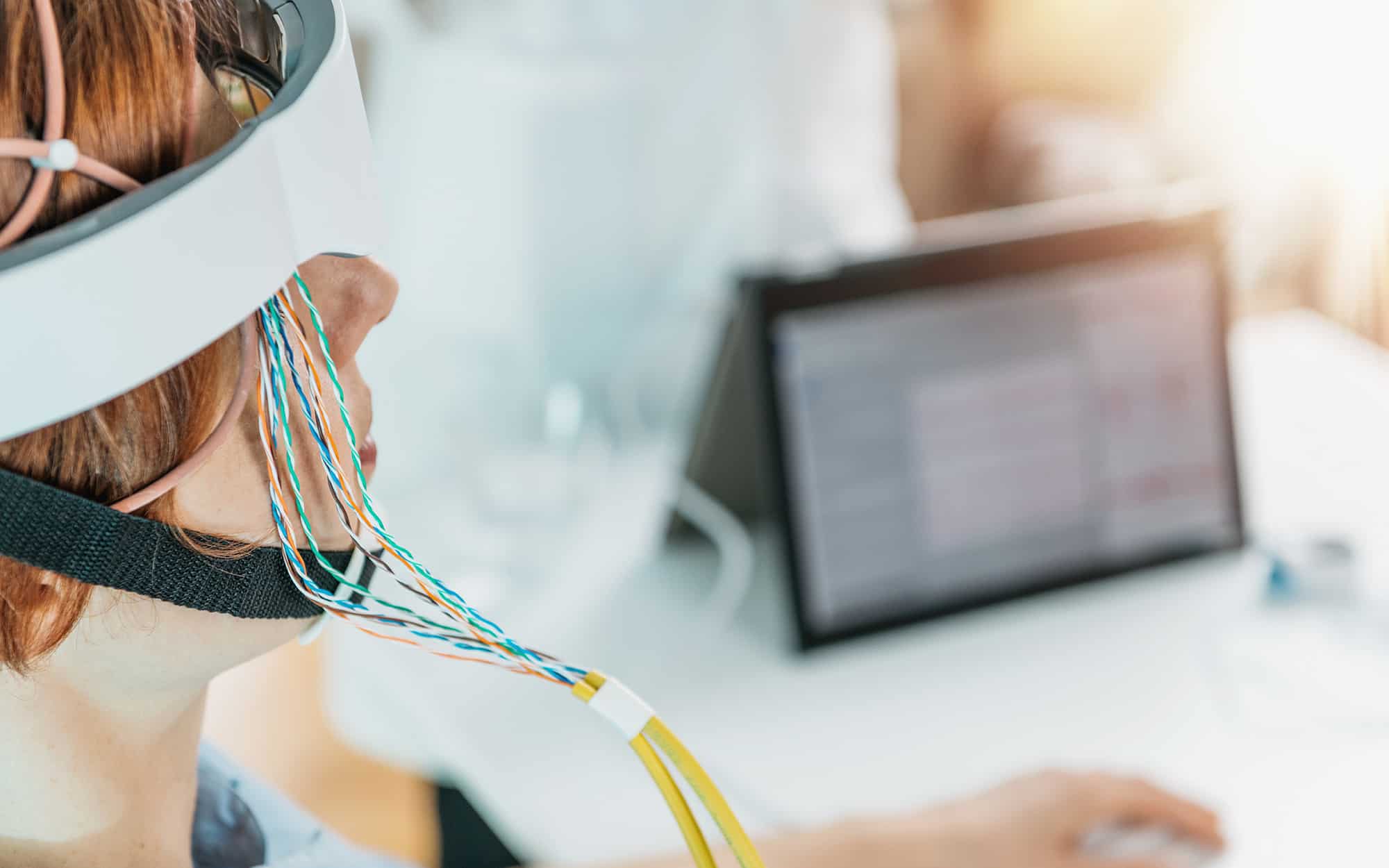Unlocking the Mysteries of the Mind Through qEEG Cerebral Mapping in Mental Wellness Assessment
Unlocking the Mysteries of the Mind Through qEEG Cerebral Mapping in Mental Wellness Assessment
Blog Article
Comprehending the human mind is a complex endeavor, especially when it comes to psychological health. Traditional methods of assessment often depend on conversations and surveys, which can sometimes overlook crucial aspects about how the brain functions. This is where quantitative electroencephalography, or qEEG, enters into the picture. qEEG is a specific technique that measures neural activity in the brain. By examining these neural patterns, psychological health experts can gain valuable insights into a individual's mental condition, aiding to improve diagnosis and treatment.
qEEG works by placing small sensors on the scalp to capture neural signals. These sensors measure neural signals produced by neurons, the units in the cerebrum that interact with one another. The data gathered is then analyzed and displayed as a series of patterns. Each type of brainwave—such as alpha, beta, δ, and θ—corresponds to various psychological conditions and activities. For instance, alpha oscillations are commonly associated with calmness, while beta waves are associated to active thinking and issue resolution. By analyzing these trends, healthcare providers can detect abnormalities that may suggest mental health issues.
One of the major advantages of qEEG is its capability to offer objective data. In contrast to conventional evaluations that rely on subjective reports from clients, qEEG provides a distinct picture of neural activity. This clarity can assist reduce biases in diagnosis and lead to more precise intervention strategies. For example, if a client is experiencing stress, qEEG can reveal particular trends of neural activity that look at this website are linked with stress conditions. This data enables mental health experts to customize treatments more efficiently, whether it be through therapy, medication, or other approaches.
Additionally, qEEG can be particularly useful in monitoring treatment progress. By conducting qEEG assessments at different stages during therapy, clinicians can monitor variations in brain activity over period. This continuous assessment assists ascertain if a intervention is working or if modifications are required. For example, if a client is not reacting to a specific medication, qEEG may indicate that their neural function has not altered in a manner that suggests progress. This response cycle can result to more customized and effective mental health treatment.
In summary, qEEG brain mapping is a potent instrument in the domain of psychological health assessment. By providing unbiased information about neural activity, it enhances the comprehension of different psychological health disorders. This method not only aids in accurate diagnosis but also helps in tracking intervention success. As psychological health experts persist to investigate the capabilities of qEEG, it possesses promise for improving the lives of individuals facing mental health challenges. With ongoing research and advancements in technology, the mysteries of the mind may become more apparent, resulting to better results for those in requirement of assistance.